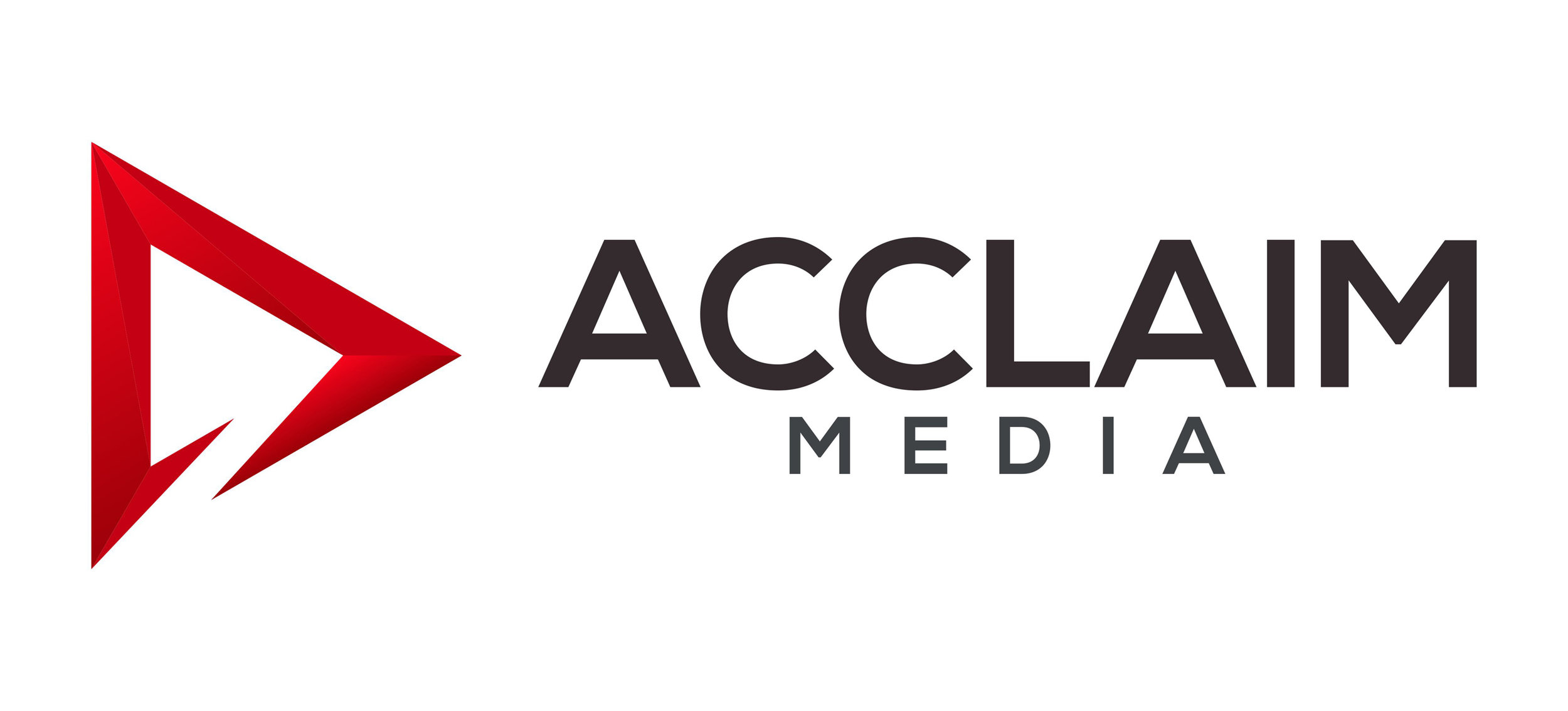What Is Timecode Video Editing? [Timecode Explained]
How does timecode video editing help?
TLDR: Timecode serves as a unique identifier for each frame, ensuring that the editing process is efficient and precise. By embedding timecode in your video footage, you create a reference tool that helps editors quickly locate specific shots or audio segments, ultimately streamlining the post-production process.
This capability is crucial when working with timecode generators and recording devices that rely on timecode signals to maintain synchronization across all media files. Whether you're shooting a motion picture, a corporate video, or a multi-camera event, having timecode embedded in your recorded media enhances the final edit's accuracy and quality.
A lot of clients near and far hire us as their local Chicago camera crew. Clients out of town or out of the country use us to record corporate video, client testimonials, marketing videos, and shoot video at trade shows. For clients out of town we ftp or send them a hard drive of the video files so they can begin their edit.
"How can I view the video that we just shot? " It's a question we often get from our clients.
Most of the time raw video clips are shot in a professional format that clients cannot easily manipulate. Either it's in a CODEC (Code-Decode) that their computer has a problem running or it's in a proprietary video format such as Panasonic's P2. However, there is one option we can provide to help clients view the video footage we just shot, we can provide you with "window dubs".
TIMECODE & WINDOW DUBS?
A professional video camera has the ability to generate "SMPTE timecode".
[SMPTE is the Society of Motion Picture and Television Engineers, the people who established the standard.]
Timecode is an invisible digital address that is recorded along with the audio and video. When processing the video, a production company has the ability to superimpose the timecode onto the multimedia making it visible for the viewer. This is what's known as a "window dub".
The black number in the bar in the image below, that's the timecode. Regardless of the frame rate or format of the video footage it will display a series of numbers. SMPTE timecode is a digital address agreed upon by the Society of Motion Pictures and Television Engineers (SMPTE). Anywhere throughout the world anyone with the ability to read timecode will come up with the exact frame of video for the recording in their video editing software. For example:
Timecode is displayed as [Hours : Minutes : Seconds : Frames]. For instance, in the sample above the video clip begins at 14:34:05:04 (14 hours, 34 minutes, 05 seconds, 04 frames). If a producer gave us this time we could jump directly to the individual frames they desired.
Why is timecode video editing significant?
Timecode allows video producers to take meaningful notes. (Pro Tip: When taking notes skip the frames, since they are 1/30ths, or 1/24ths, of a second - way too fast to be accurate at this point). Timecode serves as a valuable reference tool by enabling precise documentation of footage. For instance, a producer can pinpoint specific timecode markers to choose shots for the final edit accurately.
Since timecode is a digital address the numbers are "fixed" to the footage whether from old video tape or more modern file based codec's. It's not an arbitrary time, it's an exact time!
The clip above runs from: 14:34:00:02 - 14:34:23:02, meaning it's a 23 second clip. If you took the raw camera footage to any post-production facility worldwide to edit and asked the editor to cue up to 14:34:00:02 they would go immediately to the frame at the beginning of the clip. Timecode is an exact address that allows the editing process to move more smoothly. Using timecode makes the post production process much easier.
Timecode = efficiency designed for the video editing suite.
2 styles, 1 purpose for the edit
When setting timecode in the camera your videographer has 2 options when recording. "Record run" or time of day ("freerun") SMPTE timecode.
Record Run is a mode set to count up when the record button on the camera is start and stopped. With this mode your starting timecode can be reset to whatever number you want. Years ago, when recording on videotape with a thirty minute duration we'd record the first tape with a timecode of 01:00:00:00 (hour 1) and the second tape with a timecode of 02:00:00:00 (hour 2) and so on. This would help us to sync up items in our video editing system. Now with electronic files it's not as important.
Free Run (time of day) is what you see in the example above. 14:34:00:02 means it was recorded at 2:34pm. Free Run timecode is a continuious counter that goes up and is recorded to the video clip only when you start and stop your recording. This is especially helpful for "day in the life" recordings, so you can later match up with events that happened in the recording vs. real life.
An example would be if we were hired to shoot video of a ribbon cutting. We might shoot b-roll of the event before and after the ribbon cutting too. But if you know the Mayor cut the ribbon around 10am you could skip forward in your video editing timeline to 00:10:00:00 to begin looking for the clip you want.
We often get footage from other video prodution companies who appearantly never reset their timecode. Is it make or break? No. But it is a missed opportunity to organize the clips for the editor or viewer.
Types of timecode
For a deeper dive- there are 2 different types of timecode. It's all about how your recording device counts video frames. Drop frame and non drop frame. The common logic is video is either 30 or 24 frames per second in North America. But it's really not. Video footage is really either 29.97 or 23.976 frames per second. The difference between the goal and reality is what this is all about (30-29.97=0.03 or 24-23.976=0.024).
Drop frame is a standard for broadcast networks using NTSC (North American Standard) due to this correlation with real time.
Non drop frame timecode counts every single video frame and doesn't re-label any frame to account for the 29.97 fps.
A program using non drop timecode is approximately four seconds shorter per every hour. As you could imagine for broadcast networks selling ad time, accurate time is very important.
However for most corporate, marketing or training video of short duration the style timecode you choose in your recording device is not really significant.
Another advantage of timecode
Timecode significantly speeds up the process of syncing video files from multiple cameras and audio sources, making it essential for multi-camera shoots. For example, audio timecode ensures that all audio aligns perfectly with the video, even at the frame level. If you are working on a video production with multiple cameras timecode is invaluable.
If your cameras offer this feature you can set your cameras electronically to the same timecode. That way during the editing process all the cameras will reflect the same same thing. You can get similar results with an old fashioned "clap board", however timecode "jamming" your cameras electronically will offer more accurate edit points.
By viewing window dubs, a viewer can determine what parts of interviews they like. Using the timecode number they can also choose amongst several "takes" of the same comments and get a feel for what the footage looks like. Whether noted in a spreadsheet or even just pencil and paper, it's an efficient way to prep the footage for your video editing tools. Additionally, by logging the footage in advance of the edit, clients can get their project produced faster.
Time code editing makes the video editing process faster and help the overall project budget, keeping cost down.
Questions or thoughts? Feel free to call to discuss how Acclaim Media can help you produce your video production efficiently and drive results: 630.961.9580
Interested to see what the final edited version of the video from the picture above looked like? Click on the video below.
Acclaim Media Productions is a video production, corporate video, marketing communication & web video company based in the Chicago area but providing services internationally. We help large corporations, successful small businesses & forward-thinking non-profits build stronger organizations through video production.
630.961.9580
info@acclaim-media.com






![What Is Timecode Video Editing? [Timecode Explained]](https://images.squarespace-cdn.com/content/v1/5bb28321e8ba44f4b1a9b733/1732217323000-KVRYFKA5G97SUMPYO52P/Video%252BEditing%252BServices%252BChicago%252BIllinois%252BAcclaim%252BMedia.jpg)